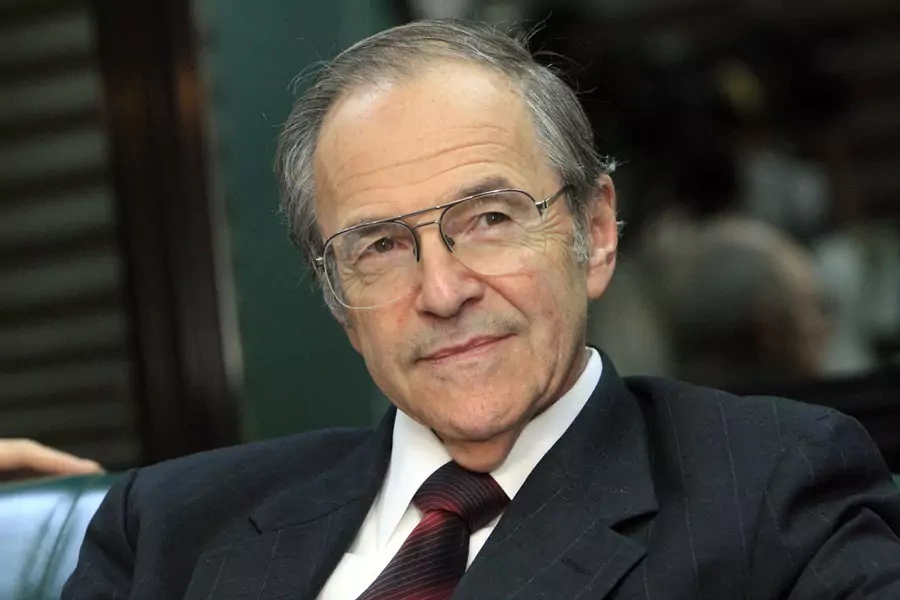Ambassador Princeton Lyman, Giant of U.S.-Africa Policy, Passes Away

Ambassador Princeton Lyman passed away last week at the age of eighty-two. A true giant of U.S.-Africa relations, he had a long and extraordinary career as a diplomat and scholar, serving as the United States’ ambassador in Nigeria and South Africa, as an assistant secretary of state, and as the U.S. special envoy to Sudan, among other posts. In all of these positions, he was never a passive caretaker. Princeton Lyman had great clarity of purpose, and he got things done. From helping to shepherd South Africa’s transition to democracy to working on the implementation of the Comprehensive Peace Agreement between Sudan and South Sudan, he took on hard problems creatively and pragmatically, and served a far-sighted view of American interests in a more peaceful and more just world.
Princeton embodied the bipartisan tradition that has long characterized the U.S.-Africa policy community. He worked for administrations of both major parties, and his wise counsel was sought by Democrats and Republicans alike throughout his career. Though he was a frequent witness before Congressional oversight committees and was sought-after by journalists looking for expert commentary, Princeton was never interested in self-promotion—only in increasing awareness of, and finding solutions to, complex problems with real human consequences.
More on:
The power of his example has influenced countless other diplomats and Africa-watchers spanning multiple generations, not least because he was remarkably generous and kind, using the same keen sense of empathy and gentle humor with colleagues that he sometimes employed to great effect in negotiations. When he did show impatience or frustration, it was a well-considered decision that usually succeeded in shaking up a dialogue that was going nowhere. His self-control was nearly as unshakable as his integrity.
If the arc of the moral universe does indeed bend toward justice, it does so only because millions of individual efforts nudge it in that direction. As a diplomat and an intellectual and a mentor, Princeton Lyman did a great deal to push us in the right direction.
More on:
 Online Store
Online Store